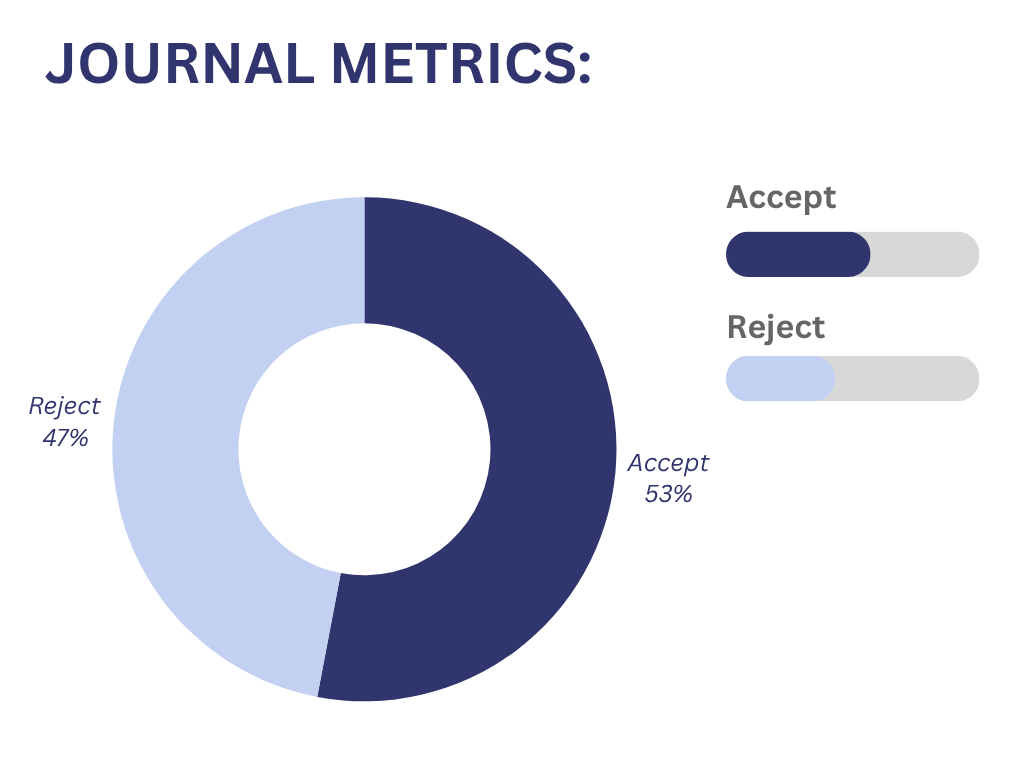Isosceles Trapezoid with Integer Area: Cryptographic Applications ofGeneralized Pell-Type Equations and Sphenic Numbers
Abstract
The well-known generalized Pell equation, x2 − dy2 = n, was used to develop the algorithm in this study. d was fixed as a prime number, and n was the square of the sphenic number. In particular, we employ the assignments utilizing the area of the isosceles trapezoid with the non-parallel sides being 2n − 1 and the parallel sides being n and n + r.
Keywords:
Isosceles Trapezoid, Generalized pell equation, Integer area, Sphenic numbers, CryptographyReferences
- [1] Dickson, L. E. (2015). History of the Theory of Numbers, Volume- II Diophantine Analysis. Dover Publications, New York.
- [2] Gould, H. M. (1981). A history of the Fibonacci Q-matrix and a higher-dimensional problem. Fibonnaci Quart, 19(3), 250-257,
- [3] (1981).
- [4] Kannan, J., Mahalakshmi, M., & Deepshika, A. (2022). Cryptographic Algorithm involving the Matrix Qp
- [5] ∗
- [6] . Korean J. Math,
- [7] (3), 533-538. https://orcid.org/0000-0001-6197-2119
- [8] Mahalakshmi, M., Kannan, J., Deepshika, A., & Kaleeswari, K. (2023). 2-Peble Triangles Over Figurate numbers. Indian
- [9] Journal of Science and Technology, 16 (44), 4108-4113. http://dx.doi.org/10.17485/IJST/v16i44.2663.
- [10] Mahalakshmi, M., Kannan, J., Deepshika, A., & Kaleeswari, K.(2023). Existence and Non - Existence of Exponential Diophantine triangles over Triangular numbers. Indian Journal of Science and Technology, 16(41), 3599-3604.
- [11] http://dx.doi.org/10.17485/IJST/v16i41.2338.
- [12] Mahalakshmi, M., Kannan, J., Deepshika, A., Manju Somanath, Vijaya Shanthi, P., & Kaleeswari, K.(2025). Diophantine
- [13] Kites: Rational Diagonals and Integer Area Constructions. Communications on Applied Nonlinear Analysis, 32(7s), 01-12.
- [14] http://dx.doi.org/10.52783/cana.v32.3334
- [15] Kannan, J., & Manju Somanath. (2023). Fundamental Perceptions in Contemporary Number theory, Nova Science Publisher,
- [16] New York. https://doi.org/10.52305/RRCF4106
- [17] Kannan, J., Manju Somanath., Mahalakshmi, M., & Raja, K. (2022). Encryption Decryption Algorithm using solutions of Pell
- [18] equation. International Journal for Research in Applied Science and Engineering Technology, 10(1), 1-8.
- [19] Sumeryra, U. C. A. R., Nihal, T.A.S., & Ozgur, N.Y., A new application to Coding theory via Fibonacci and Lucas numbers,
- [20] Mathematical Sciences and Applications E-Notes, 7(1), 62-70, (2019).
- [21] Titu Andreescu., Dorin Andrica., & Ion Cucurezeanu. (2010). An introduction to Diophantine equations: a problem - based
- [22] approach. Birkhauser, Boston.
- [23] Trappe, W., & Washington, L. C. (2006). Introduction to cryptography, Prentice Hall, New Jersey.
- [24] Telang, S. G. (1996). Number Theory, Tata McGraw - Hill Publishing Company Limited, New York.



